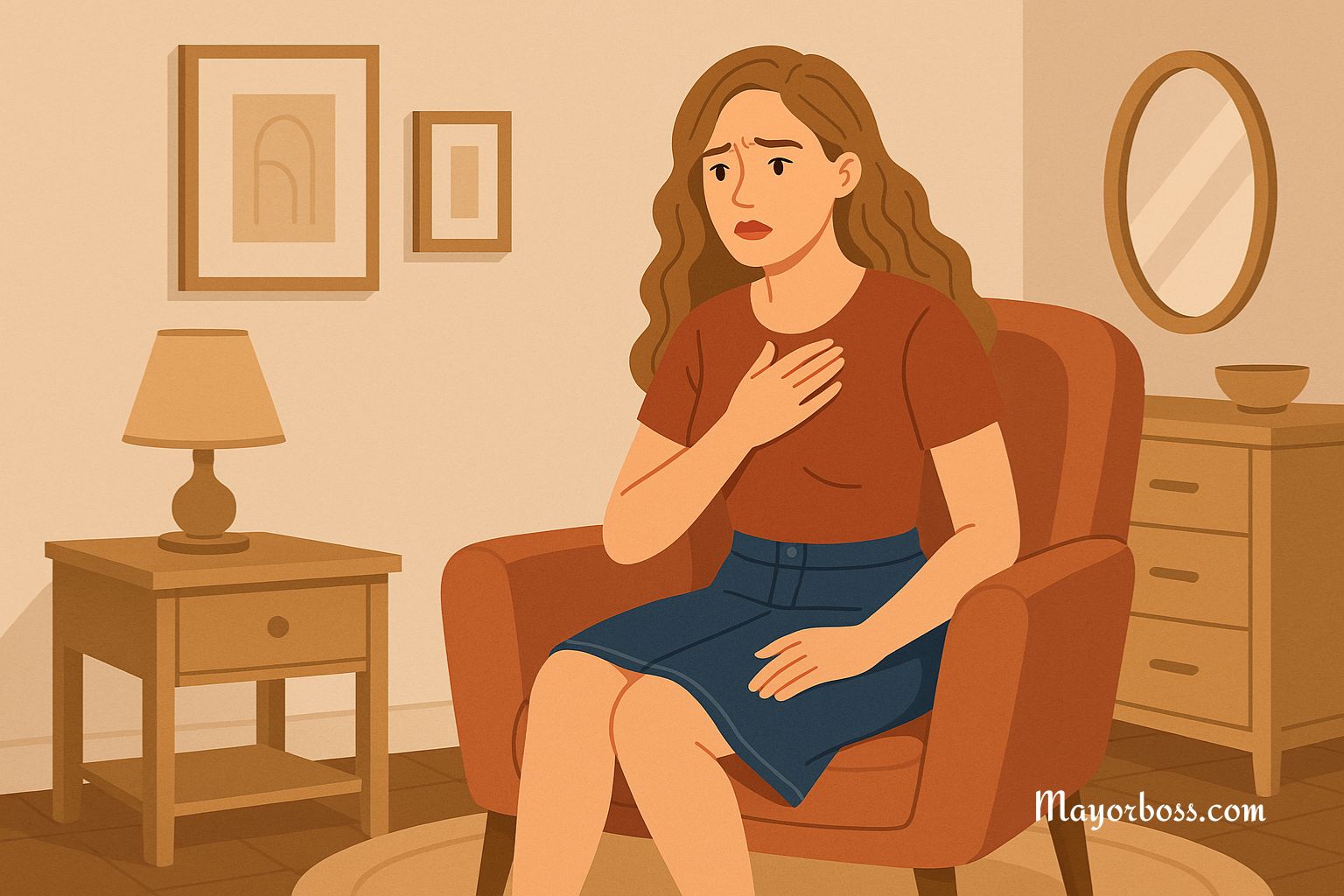What’s Causing a Bad Smell in Your Nose?
Have you ever noticed a foul smell that seems to be coming from inside your nose? This experience can be both puzzling and unpleasant. But don’t worry, I’ll help you understand why this happens and what might be causing it.
Common Causes of Bad Smells in the Nose

COVID-19
COVID-19 has been known to affect the sense of smell. While most people with COVID-19 experience loss of smell, some have reported distorted smells or phantosmia, which can include unpleasant or bad smells. This happens because the virus can affect the nerves related to smell.
How COVID-19 Causes Smell Distortions
The virus can cause inflammation in the nasal passages and affect the olfactory system, which is responsible for your sense of smell. This inflammation can lead to a misinterpretation of scents or the perception of bad smells.
Recovery from COVID-19
Most people regain their normal sense of smell as they recover from the virus. However, for some, the recovery can be gradual. If you’re experiencing a prolonged alteration in your sense of smell post-COVID-19, it’s advisable to consult with a healthcare provider.
Sinus Infections
Sinus infections, or sinusitis, are a common reason for experiencing a bad smell in your nose. When your sinuses are infected, they can become filled with bacteria-laden mucus. This can cause a musty or foul odor that you perceive as coming from within your nose.
If you suspect a sinus infection, you might benefit from seeing a doctor. They can prescribe antibiotics or recommend decongestants to clear up the infection and eliminate the bad smell.
Tooth Decay and Gum Disease
Surprisingly, your oral health can influence what you smell. If you have gum disease, tooth decay, or poor oral hygiene, these issues can lead to bad breath. Sometimes, this bad breath can seem like it’s coming from your nose due to the close proximity of your mouth and nasal passages.
Maintaining good oral hygiene is crucial. Regular brushing, flossing, and dental check-ups can prevent tooth decay and gum disease, potentially eliminating the source of the bad smell.
Nasal Polyps
Nasal polyps are painless growths that can develop in your nasal passages or sinuses due to chronic inflammation. If you have conditions like asthma, allergies, or frequent sinus infections, your chances of developing nasal polyps are higher. These polyps can block your nasal passages and lead to a bad smell in your nose. Other symptoms include a stuffy nose, runny nose, and facial pain.
For nasal polyps, treatments may include nasal corticosteroids, antibiotics, or even surgery in severe cases.
Postnasal Drip
When mucus thickens and drains down the back of your throat, it’s known as postnasal drip. This can occur due to colds, allergies, or sinus infections. Thickened mucus can sometimes emit a bad smell, impacting your sense of smell and overall comfort. Read about treating postnasal drip.
Foreign Bodies
Especially in children, a foreign body stuck in the nose can cause a bad smell. When an object like a small toy or a piece of food gets lodged in the nasal cavity, it can start to decompose, leading to a foul odor.
If you suspect something is stuck in your or your child’s nose, it’s important to see a healthcare professional. They can safely remove the object and prevent further complications.
Smoking
Smoking not only affects your lungs but also your sense of smell. Smokers may sometimes notice a bad smell in their noses due to the residual odors and chemicals from cigarettes.
Stopping smoking can improve your overall health, including your sense of smell. Over time, quitting smoking can help eliminate any bad smells you’ve been noticing.
Medications
Certain medications can alter your sense of smell. Some nasal sprays, antibiotics, or other medications might leave you with an unusual scent in your nostrils.
If you’ve recently started a new medication and noticed a change in your sense of smell, talk to your doctor. They might adjust your prescription or suggest alternatives.
Tonsil Stones
Tonsil stones are another possible cause of a bad smell coming through your nose. These are small lumps of calcified material in the tonsils. They can trap bacteria and give off a foul odor, which you might notice more in your nose than in your mouth.
Good oral hygiene and staying hydrated can also help prevent tonsil stones. In some cases, removing your tonsils might be recommended.
Phantosmia
Phantosmia is an olfactory hallucination, meaning you smell odors that aren’t really there. It can happen after a respiratory infection, head injury, or with certain neurological conditions. You might perceive a bad smell in your nose that has no external source. If phantosmia is the cause, treating the underlying condition can help. Sometimes, this condition resolves on its own.
Hormonal Changes
Hormonal fluctuations, such as those during pregnancy or menopause, can alter your sense of smell. This change might cause you to perceive normal odors as unpleasant or bad.
If hormonal changes are affecting your sense of smell, discussing this with your doctor can provide insight. They might offer solutions to help manage these changes.
Neurological Conditions
In rare cases, a bad smell in the nose can be a symptom of a neurological condition. Conditions like migraines, Parkinson’s disease, or even brain tumors can alter your sense of smell.
If the bad smell in your nose persists without an obvious cause, it may be wise to consult a neurologist. They can check for any underlying neurological issues.






